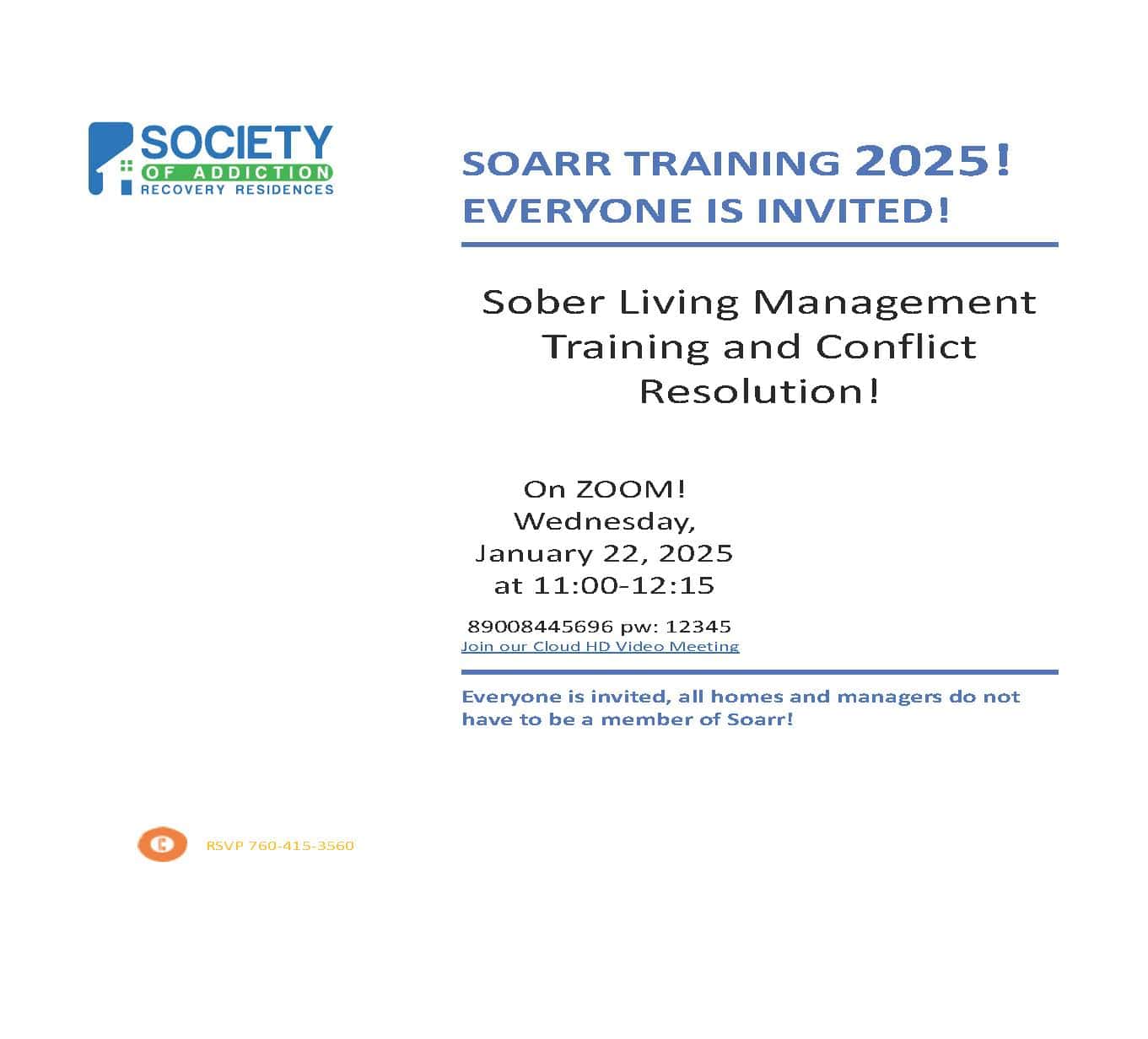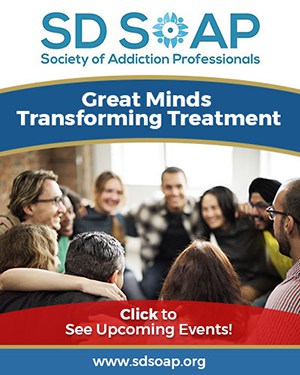Medication-Assisted treatments like Suboxone are essential tools to fight opioid use disorder (OUD). Many people have achieved long-term sobriety with the assistance of MAT. The FDA even considers MAT to be a “gold standard” and first-line therapy for people with OUD. Many treatments can help a person alongside MAT.
A recent law gave doctors the ability to prescribe MAT without requiring a specific therapy or treatment follow-up. This is meant to help reach people who may not have access to treatment due to their geographic location or other situation.
First, How Does MAT Work?
MAT helps the body cope with withdrawal symptoms, helping significantly reduce them over time. Some people take MAT long-term to help them stay sober. The way MAT is prescribed depends on various factors, including the type of drug you used.
MAT is beneficial for people with opioid use disorder. The withdrawal effects typically felt when ceasing opioids use can be incredibly uncomfortable and can even include fever, hallucinations, and nausea or vomiting. These sensations are dramatically reduced by MAT, helping individuals concentrate on staying sober.
Types of Therapies That Help Alongside MAT
Most people who struggle with substance use disorder benefit from support groups. Inpatient and outpatient treatment can help a person learn more about addiction and recovery. However, some people may do better with attending 12-step meetings independently, working the 12-step program, and getting a sponsor.
Cognitive-behavioral therapy can help clients begin to understand their behavior and work to change it. For example, sometimes role-playing can help people learn new communication skills. Dialectical behavior therapy can help people learn to regulate their emotions and form better relationships through communication.
Other therapies and coping skills can help, too! Many people feel like prayer or meditation helps them stay focused on their mission and clear their heads. Some people find that exercise is their most important form of therapy.
No One Way To Change
Everyone in recovery wants to improve themselves. While the 12 steps are the meat and bones of staying sober, there are many other opportunities for reflection and therapy. Everyone in recovery grows at their rate, a day at a time.
The more time a person can stay sober, the clearer their thinking and ability to make better decisions. In addition, changing therapeutic methods can help people find new ways to channel their emotions and learn to explore life in recovery.
About SOARR
The Society of Addiction Recovery Residences is an alliance of sober homes and addiction professionals who work together to set the industry’s highest standards. We have free networking meetings and training online for the duration of the COVID-19 crisis.
To learn more about our organization or find a sober home, please browse our website or call us at 619-828-2001.





